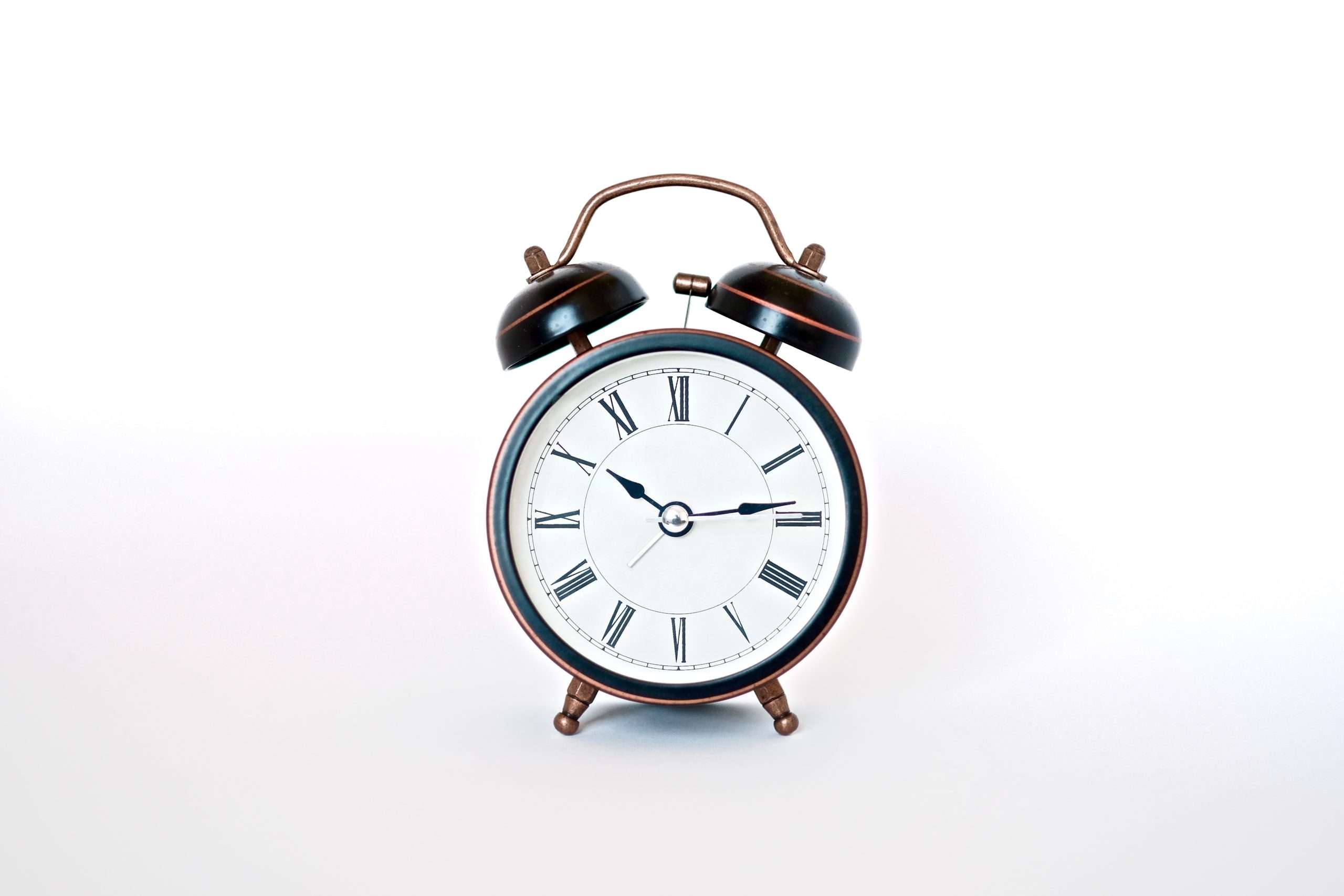We spend, on average, approximately a third of our life asleep. Along with eating, drinking and breathing, sleeping is one of the pillars for maintaining good mental and physical health.
What is sleep?
Sleep is a complex process during which our body undertakes several essential activities. It involves low awareness of the outside world, relaxed muscles, and a raised anabolic state which helps us to build and repair our bodies.
Whilst we sleep, our brain is not only strengthening memories but is also reorganising them, picking out the emotional details and helping us produce new insights and creative ideas.
How much sleep do we need?
In humans, the amount of sleep a person needs depends upon their age. New-born babies tend to sleep for an average of 16–18 hours per day, which decreases to about 13–14 hours after one year. Adolescents tend to require more sleep than adults, possibly due to the physiological changes that are happening in the body during this period.
As the person reaches adulthood they tend to sleep 7–8 hours per day. Older adults tend to sleep roughly 6–7 hours per day, but take more frequent naps throughout the day. The amount of time an average adult needs to sleep varies from person to person and can range between 5 and 11 hours.
There is clear evidence that sleep deprivation hurts emotion and performance. Sleep has an important restorative function in ‘recharging’ the brain at the end of each day, just like we need to charge a mobile phone battery after prolonged use. Maintaining a regular sleep-wake cycle allows the natural rhythm of the body to be reset every day and therefore optimises brain functioning.
How does poor sleep affect mental health?
Sleep and mental health are intertwined with each other. Missed sleep can lead to psychological and physical ill-health in many ways.
Psychological symptoms and effects include:
- Low mood
- Anxiety
- Irritability
- Erratic behaviour
- Poor cognitive functioning and performance (e.g. forgetfulness, making mistakes and slower thinking than normal)
- Psychotic episodes
Physical symptoms and effects include:
- Physical symptoms of anxiety
- Tiredness
- Elevation in blood pressure and stress hormones
- Negative effects on cardiovascular health (increased risk of strokes and heart attacks)
- Immune damage which can lead to many physical problems
Improving your sleeping habits for better mental health
Good sleep does not just mean getting a lot of sleep, but the right kind. It is important to get good-quality sleep and the following can help you get good sleep:
- Establish a regular sleep-wake cycle – try to sleep and wake at regular times consistently.
- Try to ensure that you have a comfortable bed and bedroom – noise, light and temperature should be tailored to your preferences if possible.
- Limit the use of stimulants – such as caffeine, nicotine and alcohol near bedtime.
- Avoid drinking excessive liquids – especially in the evening to minimise chances of waking to empty your bladder.
- Avoid going to bed until you are drowsy and ready to sleep – Most people who suffer from insomnia spend more time in bed lying awake rather than asleep.
- Regular daily exercise – but not too late in the evening as this could be stimulating.
- Avoid electronic devices late at night – such as computers, mobiles, tablets and so on; the bright light can be overly stimulating and keep you awake.
How can Cavendish Homecare help?
As one of the leading Homecare providers of bespoke Mental Health homecare in the UK, we pride ourselves on flexibly offering superior support – with everything from day-to-day care to highly specialised clinical expertise.
We offer:
- Flexible Support based on your mental health needs
- A registered nurse or carer to accompany you to or from appointments
- Someone to be on-hand to assist with your treatment and medication
- The ability to maintain intellectual stimulation
- Protection from vulnerable situations
- Guidance about charities and organisations who offer various forms of help
Please call our Homecare team on 0203 008 5210 or email us info@cavendishhomecare.com to see how we can assist you.
About the Author…
Misha Zemkova
Operations Assistant
As a volunteer at North London Action for the Homeless, Misha stands out for her exceptional ability to connect with people through active listening and meaningful dialogue. With seven years of invaluable experience as a Team Leader and Key Worker for adults with diverse learning disabilities, including cerebral palsy, dementia, Down syndrome, and brain injuries, Misha brings extensive experience and a deep understanding of caring for individuals with unique needs.
Now a pivotal member of the operations team at Cavendish Homecare, Misha actively supports Nurse Managers and the Bookings team in delivering high-quality care. She has demonstrated outstanding commitment to supporting charity partner Cruse Bereavement through events such as the Virtual TCS London Marathon and Light up the Night.

 Back
Back